Of the Small intestine belongs to the human digestive tract and is located between the stomach and the large intestine. Most of the actual digestion takes place in it. Many food components are taken up there and can then be used by the body.
What is the small intestine?
Under the Small intestine Medical professionals understand the middle part of the digestive tract, which is located between the stomach and the colon. It is divided into three parts and is three to six meters long in an adult human.
Thus, the small intestine is the longest section of the digestive system. It has a particularly structured surface that makes it possible to optimally absorb the dissolved food components.
The task of the small intestine is to absorb and use the previously dissolved food components that it gets from the stomach. The intestinal wall absorbs the nutrients and transfers them to the liver, where they are processed further.
Anatomy & structure
Of the Small intestine immediately follows the stomach in the human digestive system. It consists of the duodenum, the empty intestine and the ileum, with the empty intestine making up the largest percentage of the small intestine.
The inner surface of the intestinal walls is particularly enlarged in order to be able to optimally absorb the nutrients obtained from food. This is done with the help of special folds, intestinal villi (elevations) and microvilli (surface-enlarging cell processes). Overall, an average small intestine has an absorption surface of up to 180 m².
The so-called Brunner's glands are located in the duodenum and neutralize stomach acid. The food residues that are not used by the small intestine are passed on to the large intestine, where further digestion and storage takes place until excretion.
Functions & tasks
in the Small intestine food arrives after it has been pre-digested in the stomach. The task of the small intestine is to continue digestion and to release and absorb nutrients from food. Digestion takes place by enzymes that are able to break down fats, carbohydrates and proteins into their components.
These can then be absorbed by the specially designed intestinal wall and passed on to the liver for further use. To do this, the food pulp, called chyme in technical terms, is first neutralized in the duodenum - this is necessary because a certain component of gastric acid has been added to it in the stomach. In the further digestive process, the ileum has the function of absorbing and utilizing vitamin B12. In addition, this section of the small intestine is of great importance for the body's immune defense.
The entire small intestine absorbs around nine liters of fluid daily during these processes. This is obtained, among other things, from food or the ingested fluid and from the body's own secretions such as the salivary glands. After the small intestine has extracted the nutrients from the pulp, these are passed on to the liver. Unusable residues pass into the large intestine and are eventually excreted.
Diseases
Like all organs in the human body, the digestive tract including the Small intestine Have functional disorders or even illnesses. Most people suffer from diarrhea from time to time, which is not a disease itself, but only a symptom that something is wrong.
Food intolerances such as gluten or lactose intolerance can be a reason for persistent diarrhea or other intestinal problems. Fungi, bacteria or parasites that attack the intestines can also cause unpleasant symptoms. One disease that can severely impair the functioning of the small intestine is Crohn's disease, an inflammatory bowel disease that causes pain, vomiting and severe diarrhea, among other things.
Cancer of the small intestine can be life-threatening if left untreated. These include, for example, the duodenal ulcer, but also other tumors in the small intestine. A bowel obstruction, also called an ileus, can also cause a life-threatening condition. In most cases, immediate emergency surgery is performed here to save the patient's life.
If there is a suspicion of a disease of the small intestine or if symptoms occur regularly, a doctor should be consulted in order to rule out a more serious illness.
Typical & common bowel diseases
- Crohn's disease (chronic bowel inflammation)
- Inflammation of the intestine (enteritis)
- Intestinal polyps
- Intestinal colic
- Diverticulum in the intestine (diverticulosis)

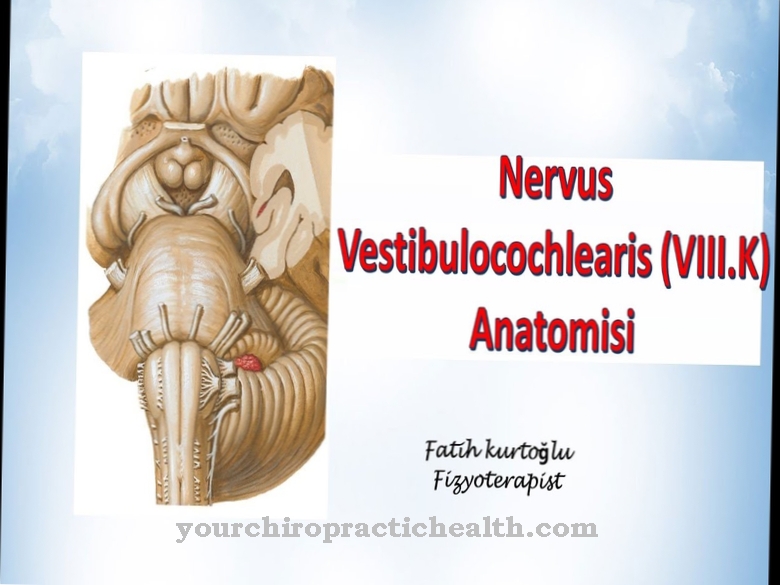
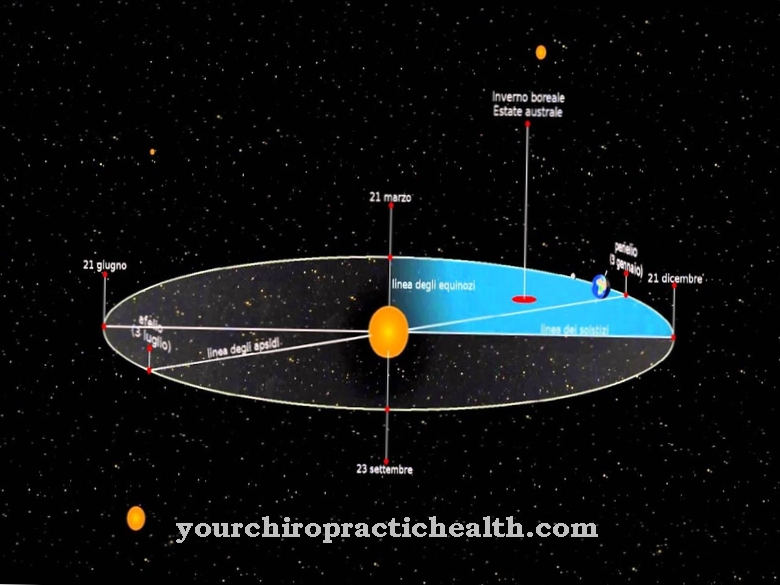
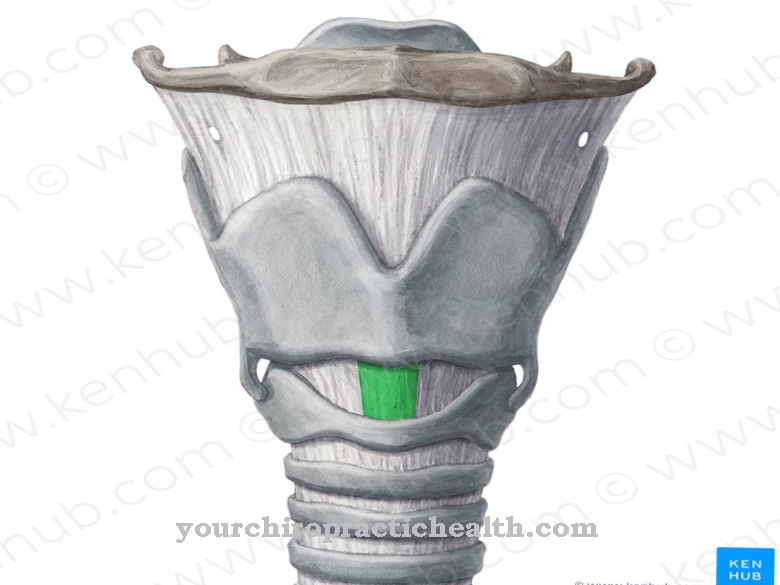

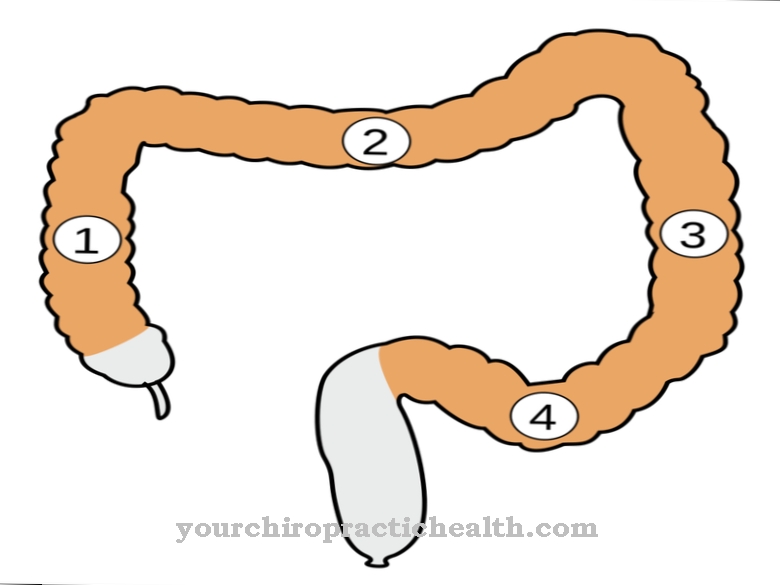
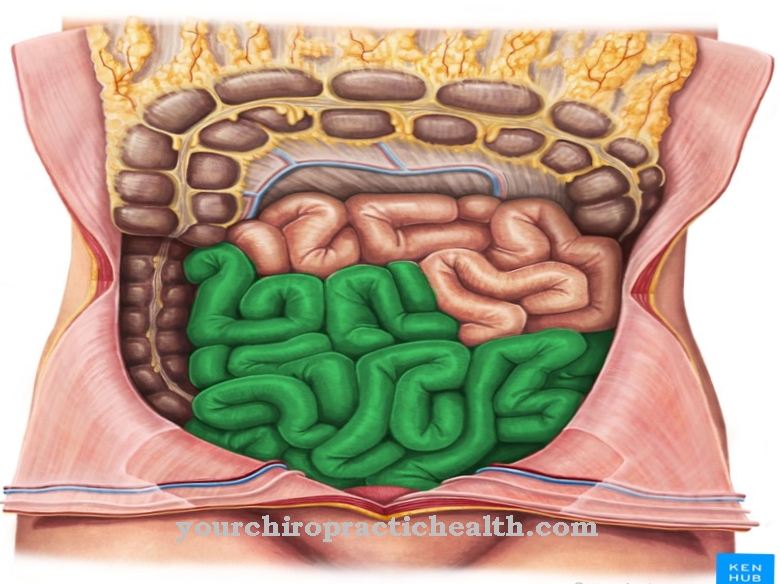






.jpg)

.jpg)
.jpg)











.jpg)